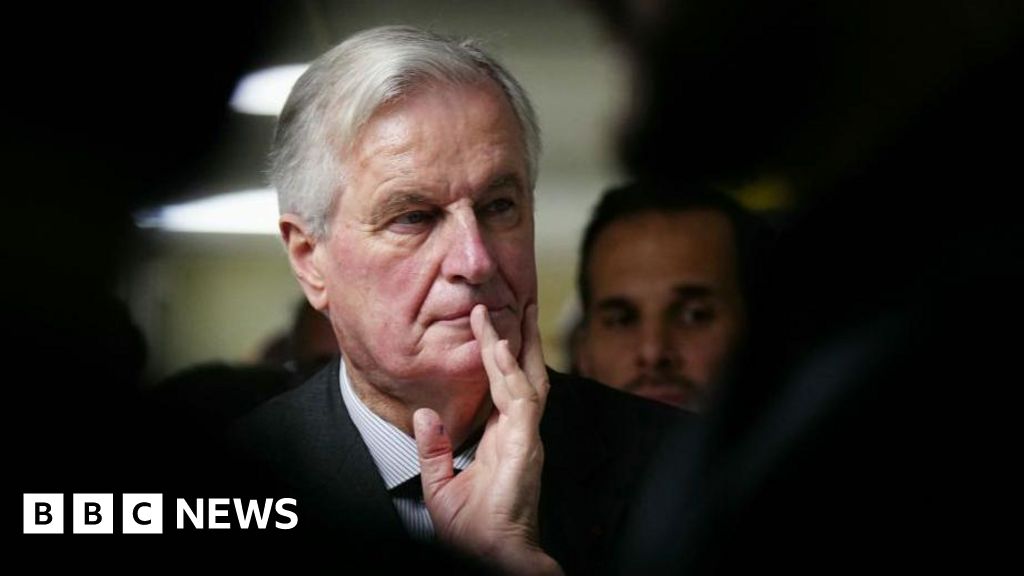Barnier, 73, has been governing on borrowed time since the day he became prime minister in early September.
This is because his appointment followed two months of political uncertainty sparked by inconclusive snap parliamentary elections, in which no party won enough seats to govern on its own.
He therefore presided over a polarised National Assembly.
His centrist party needed the support of at least one of the two big factions – the NFP or the National Rally (RN) – to pass legislation.
The NFP, whose own candidate for prime minister was rejected by Macron in the summer, was furious Barnier was appointed and promised to always vote against him. It also deemed Barnier’s budget – which included €60bn (£49bn) in deficit reduction – unacceptable.
So the RN’s goodwill has been necessary for the government to stay in place.
But when it came to the budget, and despite numerous concessions, the RN also said it would not endorse Barnier’s bill.
Barnier therefore had no choice but to invoke special powers to push the budget through.

